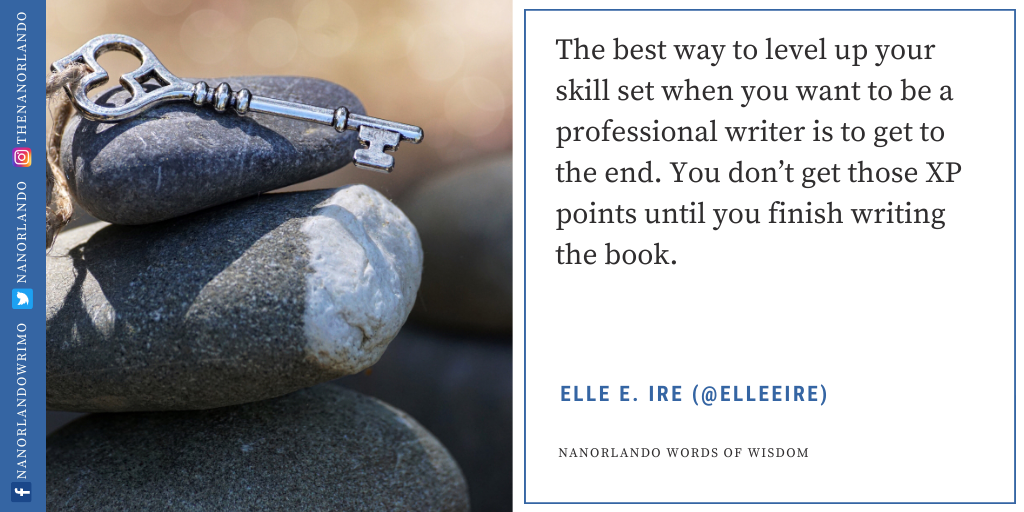Ask a publishing professional what you should write next, and they’ll never tell you. “Write what you want to write,” they’ll say. They might say writing what you want will produce better results, or that no one can guess a trend. But there’s another aspect I’ve never heard someone say but am now realizing is essential to the creative process: You have to trust your gut.
Trusting your gut as a writer applies to many different aspects of the creative process. You have to trust your gut when you’re drawn to write your next project. Or when you’ve chosen a weird name for your main character. Or when your characters go off your planned course, but it feels inevitable and right in your gut.

Photo by Austin Neill on Unsplash
There’s also a point when all your research looking for the right home, agent, or editor for your manuscript ends, and you just have to trust yourself to make the right choice. Sometimes you just feel good about something, so you send your email off into the world because it feels like the right time, the right person, and you hope.
That hope is part of the publishing process, too. It’s the thing that keeps writers going after a stack of rejections and years of work and refinement. It’s what pushes writers to write the next thing, submit the next story, and do it all again, despite the difficulty, frustration, and feelings of failure. But we keep going because something in our gut keeps pulling us forward, and we keep trusting it to lead us in the right direction.
I’ve been too in my head about writing recently. I’ve been too caught up in the “right way” to start a novel. Too busy analyzing where to best spend my time. Too lost thinking about writing instead of slapping words on the page like a writer. I haven’t been spending much time listening to my gut, and that has got to change.
I’ve had a lot of distractions this month (mostly in the form of covid), so I haven’t made much progress on this change, but knowing what my next steps should be is making me feel more confident about my writing future.
How about you? Do you trust your gut when it comes to writing? Any suggestions on how I can get better at trusting my gut again?
For full access to The Write Life and more about what I’ve done to assist with my creative life, sign up on Patreon for $1 or more per month. You’ll also receive a personalized thank you in a future edition of The Write Life.


